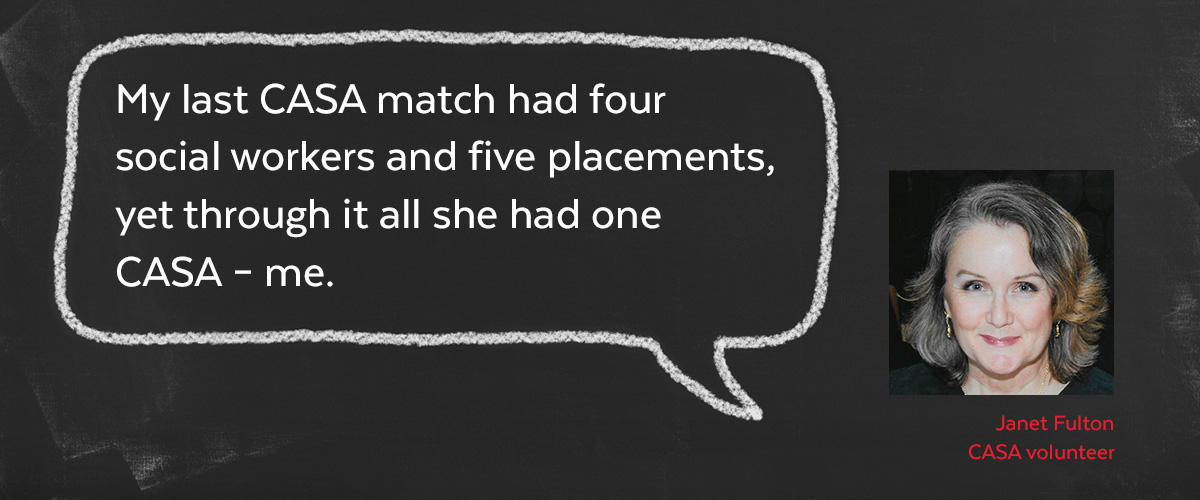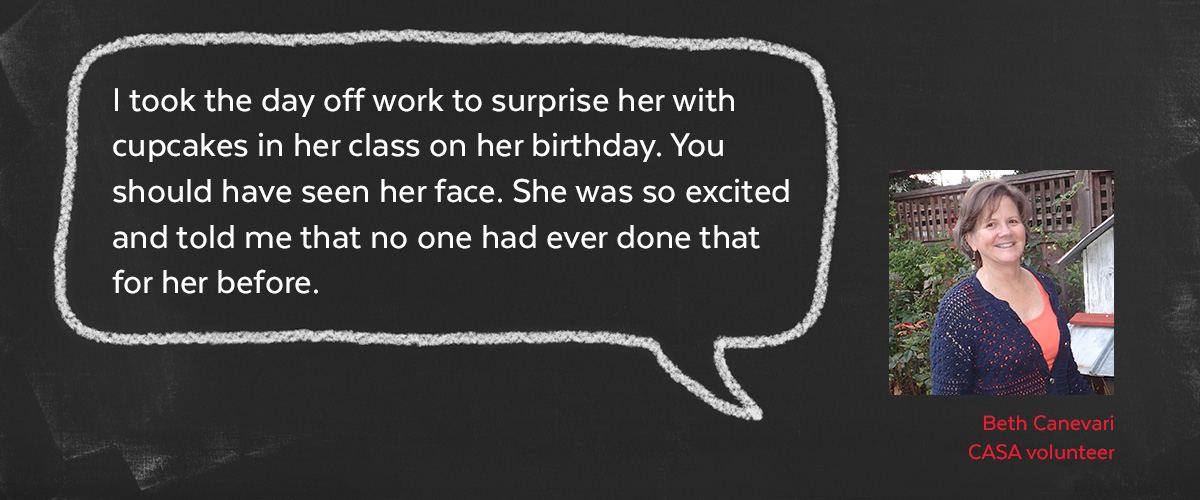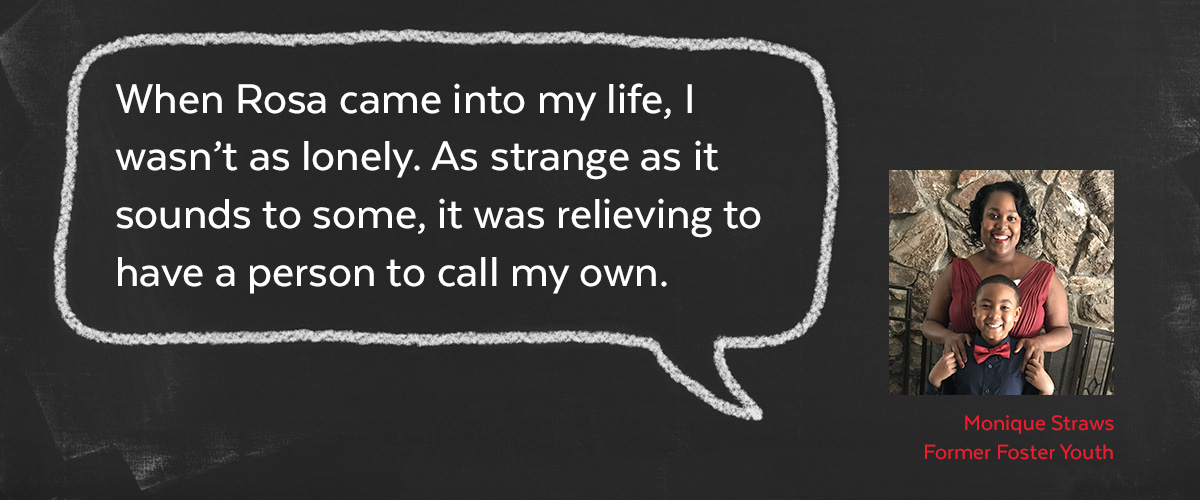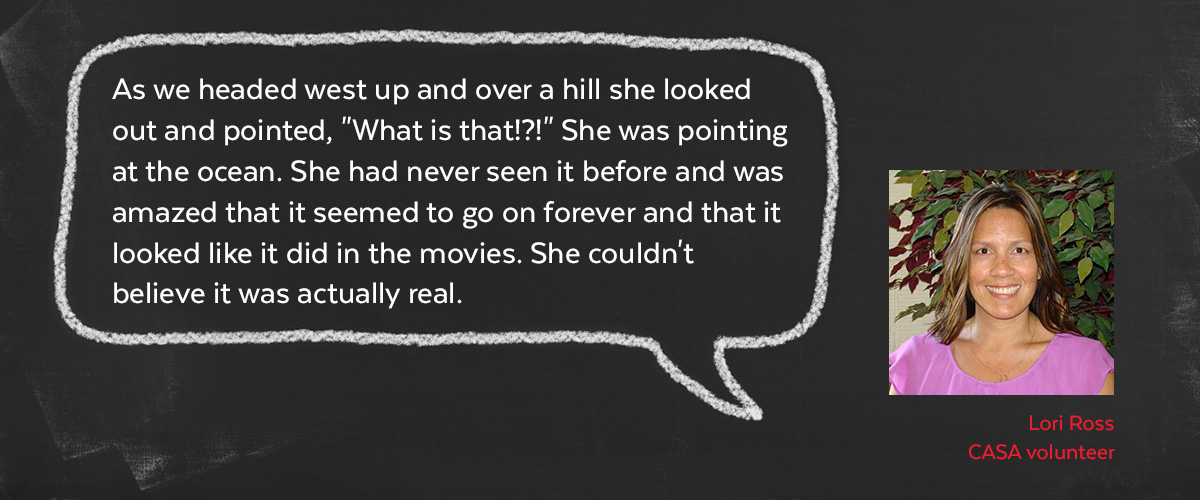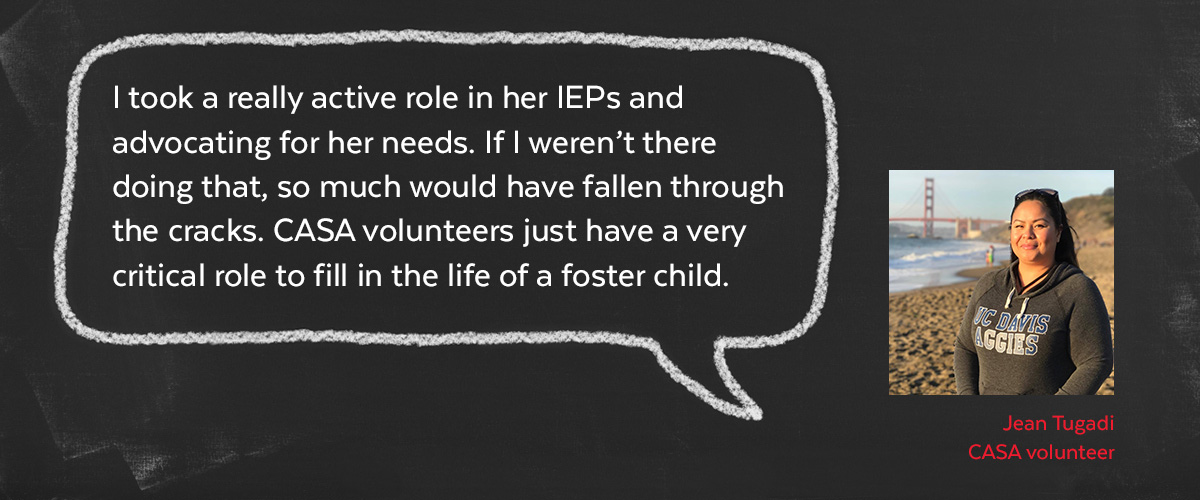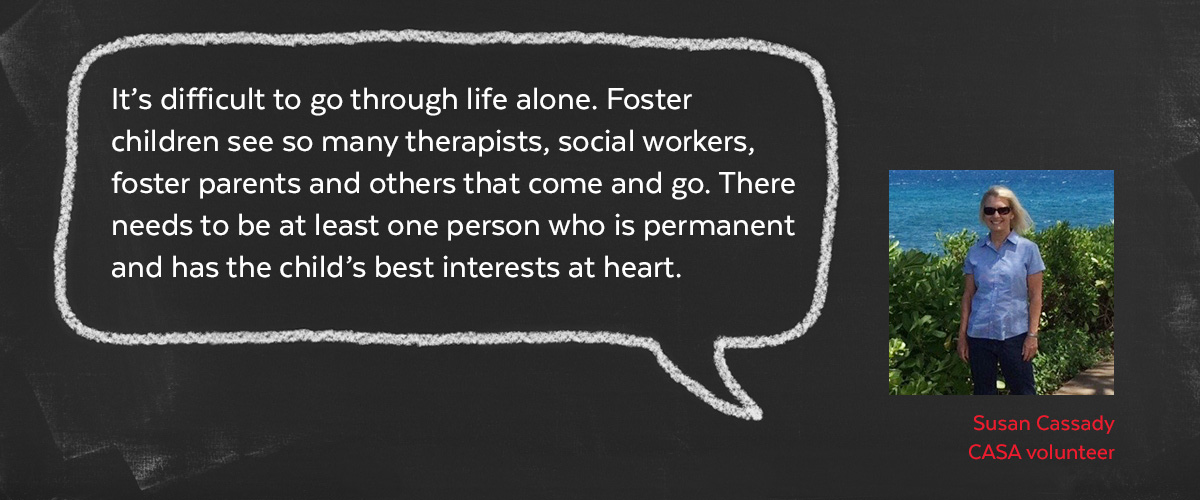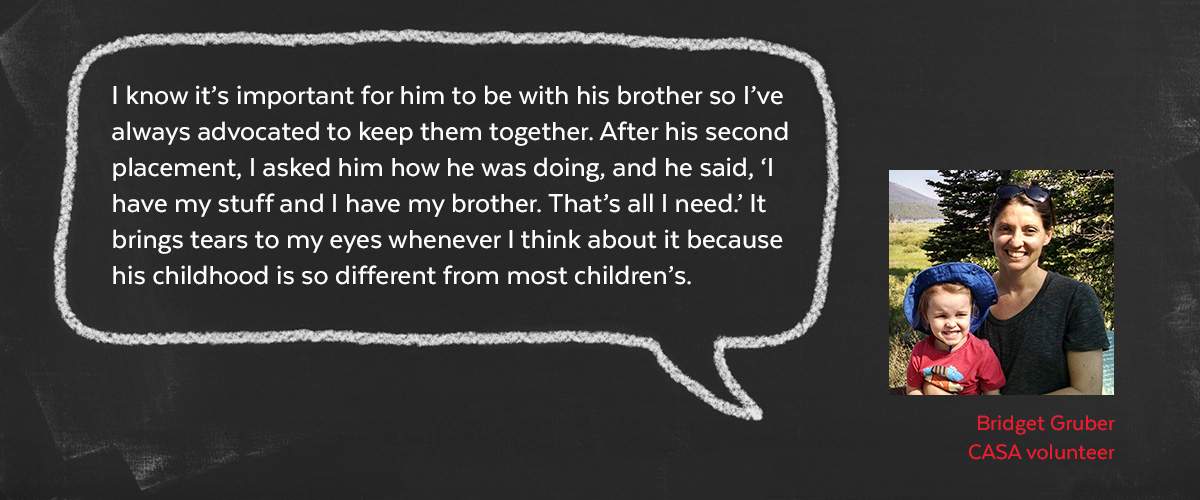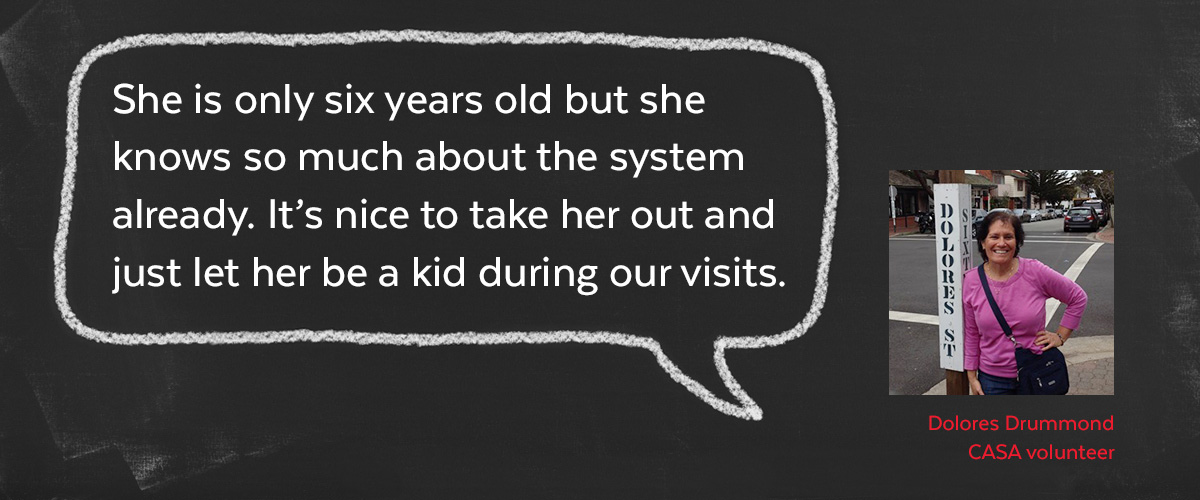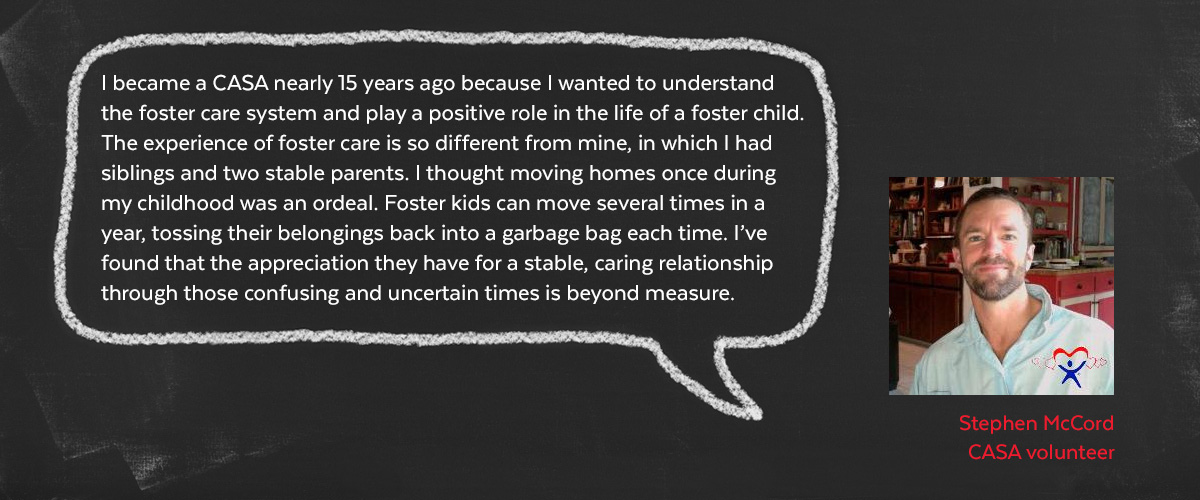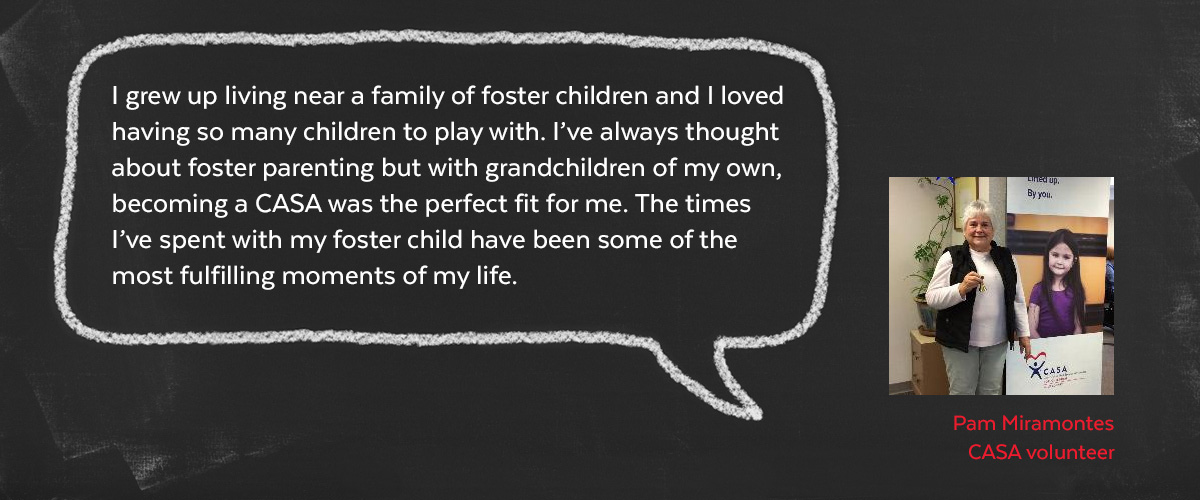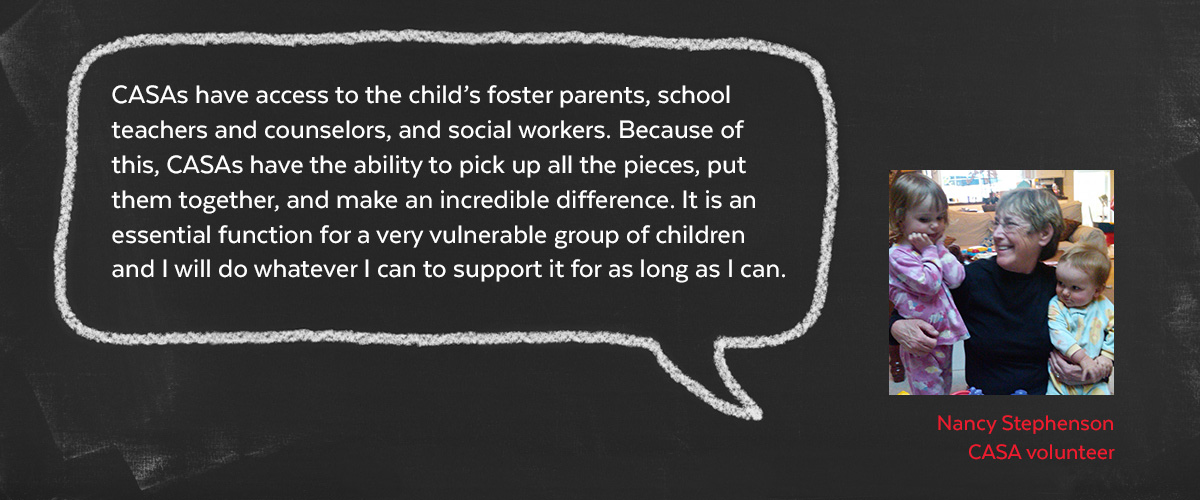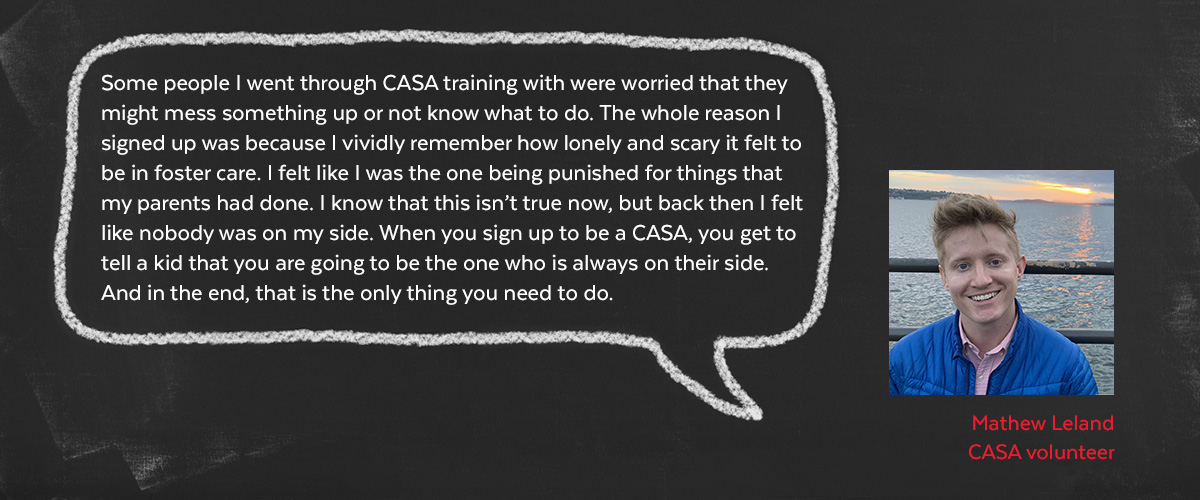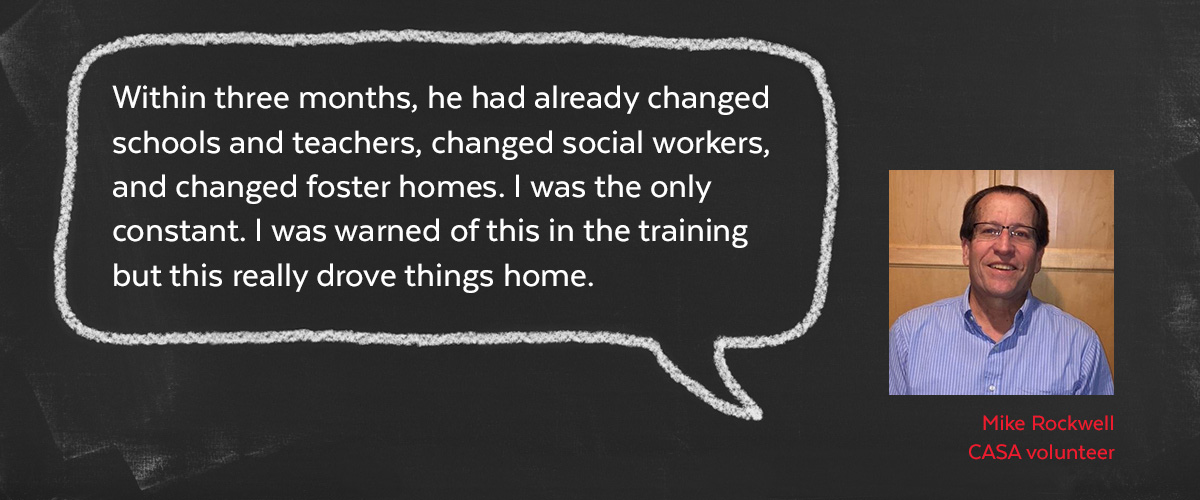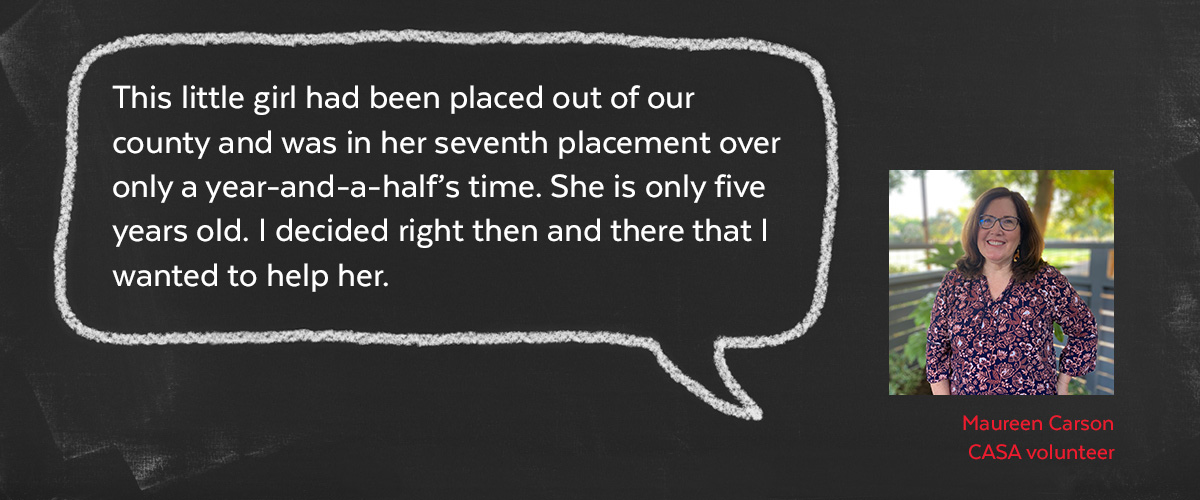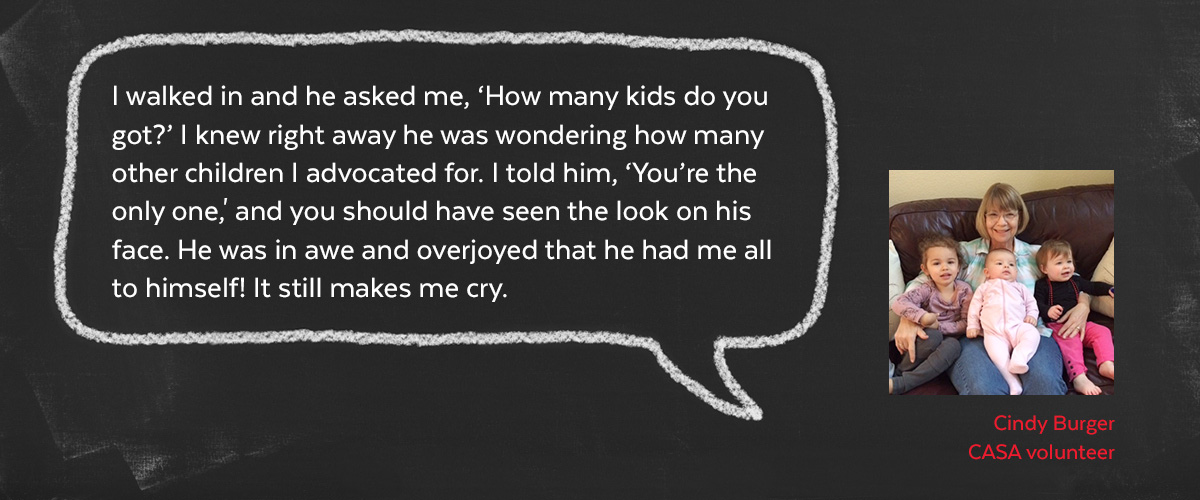Will you help us?
We have a very special mission, LIFE-SAVING that we need your help with. Monique Straws, a former foster youth, who had a CASA in Yolo County for many years is rapidly deteriorating from kidney failure. Her story is below. If you’d like to see if you are a possible live-donor kidney match, please apply at this link (https://ld.ucdmc.ucdavis.edu/donor/pages/donor.faces). You will need to know Monique’s date of birth, which is 11/28/1988.
At Yolo County CASA, we started our Hearts of Yolo program to highlight that it takes many hearts to make a difference in the life of a foster child. And now, we have the opportunity to help Monique in a way that won’t just change her life, but would save her life.
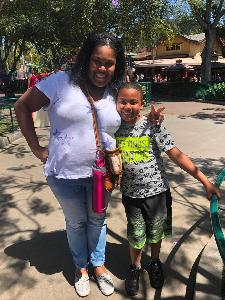
Monique is on a waiting list for a kidney. She is told the process can take 4-5 years. However, if a match is found before then, she could have the life-saving transplant she needs much sooner.
Anyone can apply to be a donor for Monique. As mentioned above, he or she just needs to fill out the survey at this link. They will then be called with instructions to have a blood test. The entire process in anonymous.
If a donor applies and is not a match, but still wants to donate a kidney, a “cross match” is made for someone else, which also accelerates the process for Monique to get a kidney. At any point, the donor can change his or her mind, and of course, there is a high chance that no matches will be made.
If you want to help give Monique the ultimate gift, again, please go to this link (https://ld.ucdmc.ucdavis.edu/donor/pages/donor.faces) and fill out the survey to be a live kidney donor. Again, you will need to know Monique’s date of birth, which is 11/28/1988.
Former Foster Youth and Single Mom is on a Mission to be there for her Son
Monique Straws and her twin sister, Sharique, were born addicted to heroin and cocaine. Monique spent her childhood in foster care. A childhood so lonely, that she attempted suicide at the age of 5.
“My childhood memories centered around a lot of loneliness and independence, but independence far too young. In fact, I was told I tried to kill myself at age five, so one of my placements was in a mental institution. Unfortunately, I was never adopted, though I do remember it being pursued at various points throughout my foster care journey.”
In fact, Monique credits her CASA volunteer coming into her life at nine years old as a major turning point for her. “When Rosa came into my life, I wasn’t as lonely. As strange as it sounds to some, it was relieving to finally have a person to call my own. Rosa came every week to visit me.”
In fact, it was Rosa who helped when Monique became homeless and pregnant when she went to Los Angeles to attend college. “As she usually does, Rosa called me at just the right time. She immediately started researching ways she could help me and found a home for homeless women who are pregnant in Elk Grove. Then, she came down and helped me move across the state.”
Once back in Sacramento, Monique found full-time employment and went back to school to become a social worker. A few years later, she began to feel tired. Rosa was concerned. “Rosa said she was worried and encouraged me to see a doctor. It turns out that I have kidney failure. She was instrumental in helping me find resources and navigate the medical system.”
Now, after a series of medical setbacks, Monique finds herself in the fight of her life…and for a very distinct reason. “From the moment my son was born, I knew I was going to provide a different life for him. No matter what, I want to keep him out of foster care. We are so close. Each night he asks for kisses and I know I must be doing right by him. But it’s getting harder and harder.”
Monique has now had several different types of dialysis treatment, many of which have failed or caused insurmountable side effects. She is now on dialysis each day for twelve hours a day. She is also severely diabetic and suffers from pancreatitis. “I’ve been trying to hold everything together for a while,” Monique says, “But one day the doctors looked at me and said, ‘if you want to live, you need to slow down.’ I’m now on disability and I’ve taken a leave from school. I struggle to get by financially, mentally, and physically but I won’t give up for one reason, and that’s my son.”
Monique states, “I have trouble asking for help. I have worked so hard to get to where I am and to provide for my son, but this is a huge setback. It is as emotionally difficult as it is physically difficult. A kidney from a live donor would be the ultimate gift.”
Through tears Monique says, “I’m just so thankful that Tracy approached me wanting to help like this. Sometimes when you grow up in foster care you don’t feel like you deserve very much, and here she is suggesting that I deserve a second chance at living a normal life and seeing the dreams through that I have for my son. I know it sounds strange but it’s really hard to process all of the goodwill and I am so very grateful.”

